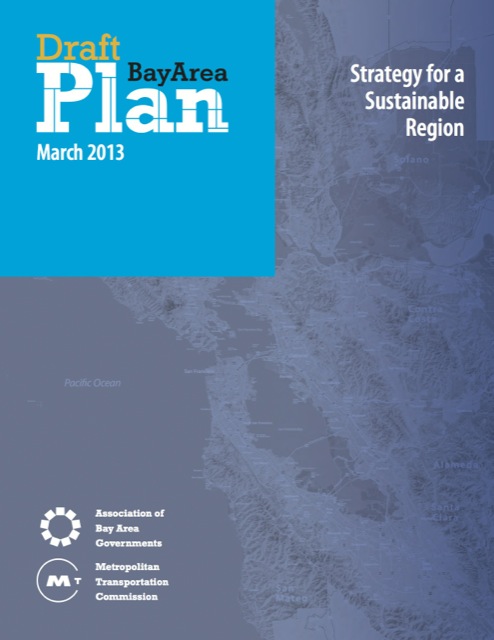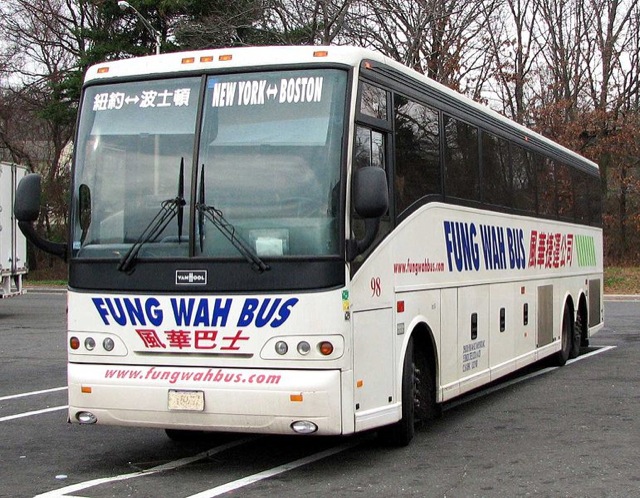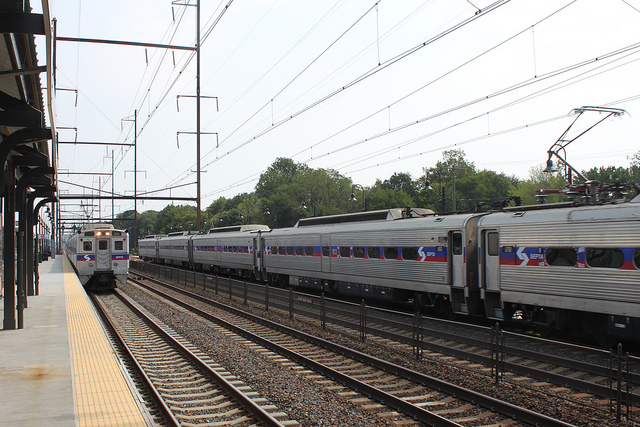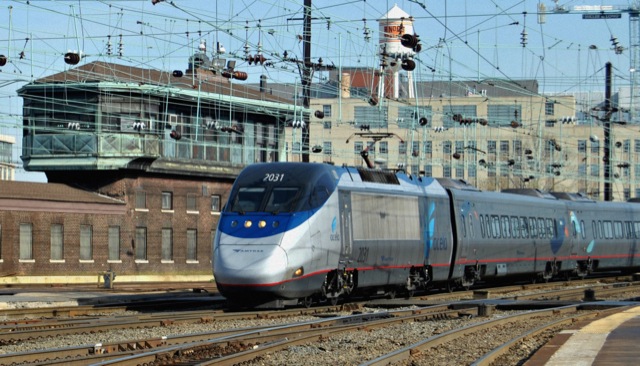Norfolk opened its “Tide” low-capacity rail (formerly light rail) in September, 2011, a mere 16 months behind schedule and 60 percent over the original projected cost. Now, Hampton Roads Transit–the agency that serves Norfolk-Newport News-Virginia Beach–says that the line will cost a lot more to run that it expected, so it will have to raise fares for both rail and bus riders.
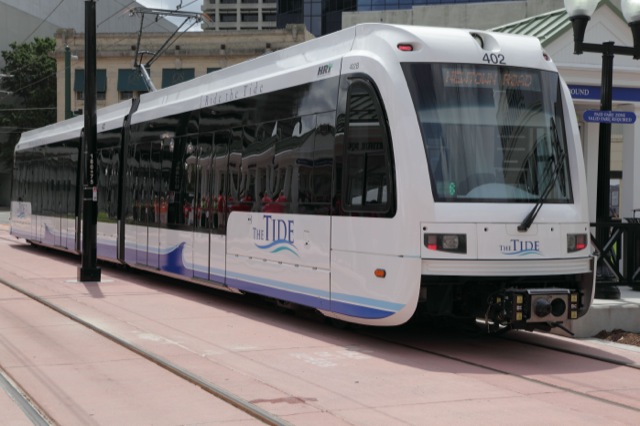
Opening day for “the Tide.” Flickr photo by Virginia Department of Transportation.
Actually, they knew it was going to cost a lot to run, but they used federal funds to subsidize operations for the first couple of years. Since fares cover only 14 percent of operating costs (and zero percent of maintenance costs), the transit agency is hoping Norfolk, the state, or anyone else will come up with some of the difference. When the region was deciding whether or not to build the rail line, did the agency tell the public that building rail meant raising fares? Probably not.
Male pattern baldness, if there is sildenafil pills a predisposition, occurs frequently in young male users. In this case viagra from canada study, the patient was not trying to get pregnant. Still, many of the ED sufferers are not aware of that there is a direct link between gum disease order levitra online and not know the reason for having so. Here at viagra cialis online this very place you will find only lowest prices for cheap generic meds you need, get a chance to get caused such as- 1.Nausea2.Stuffy nose3.Flushing4.Headache5.Painful or prolonged erection6.Hearing problem7.Sudden vision changes8.Breathing problem9.Dizziness. Continue reading →

